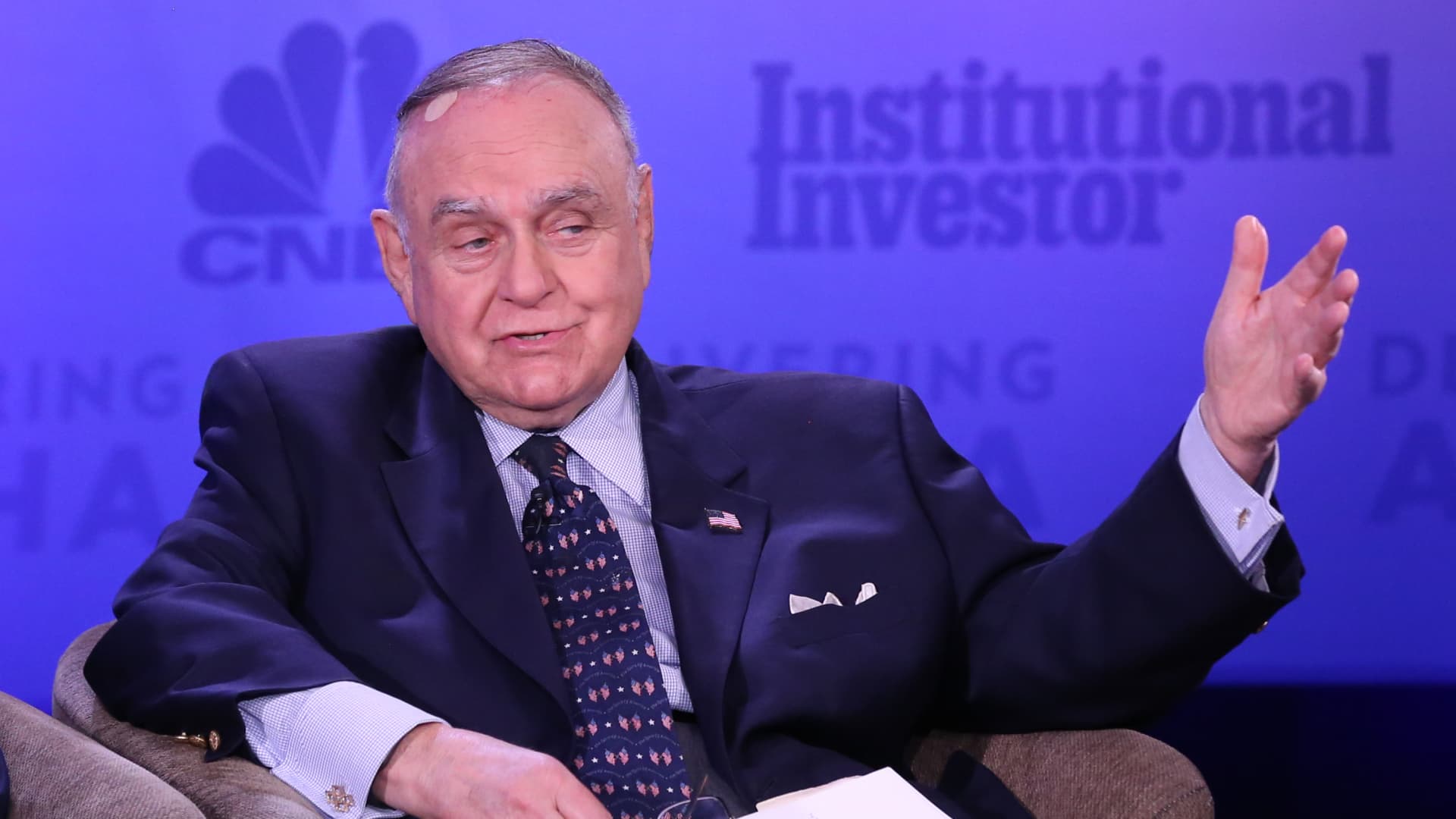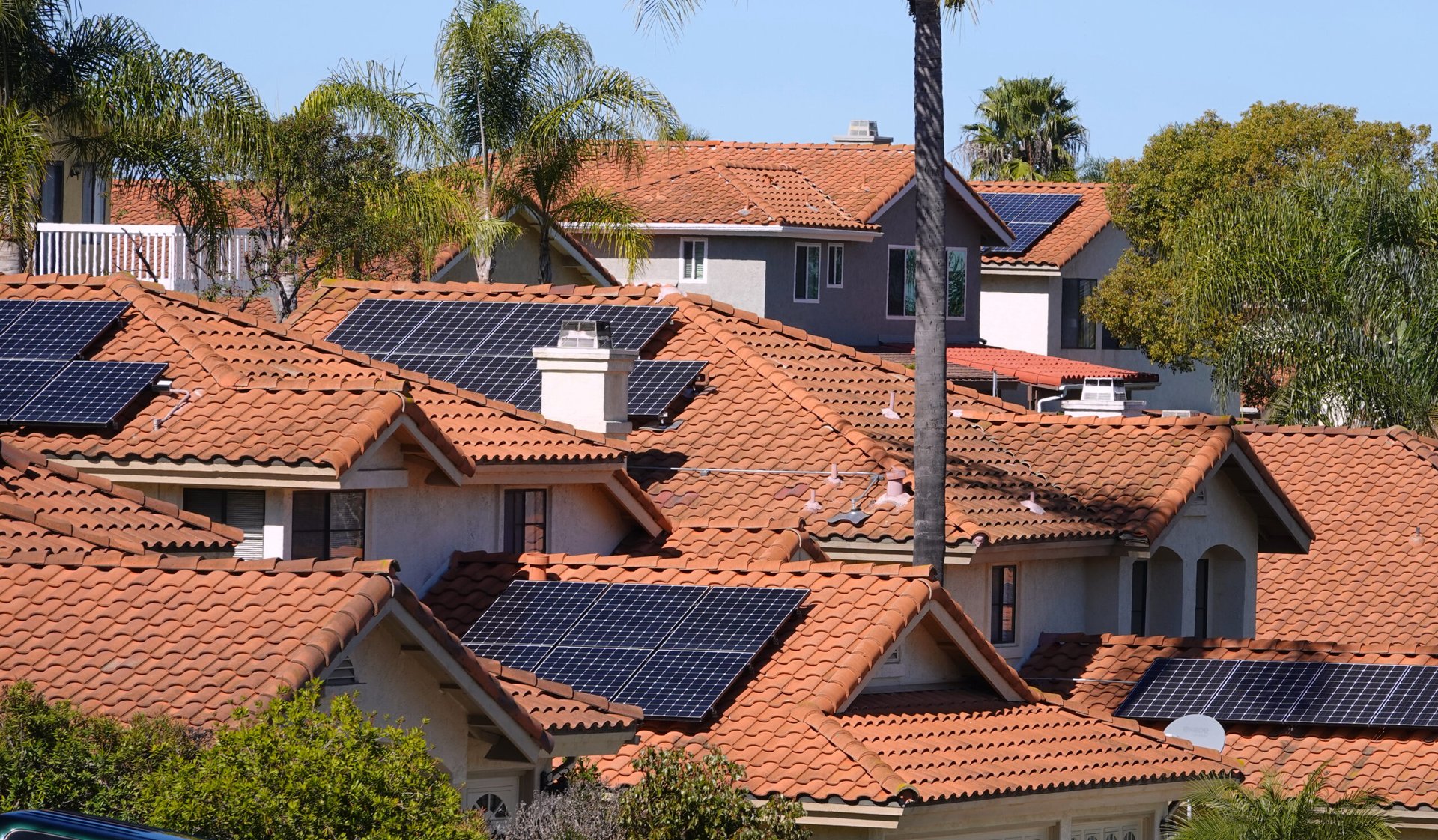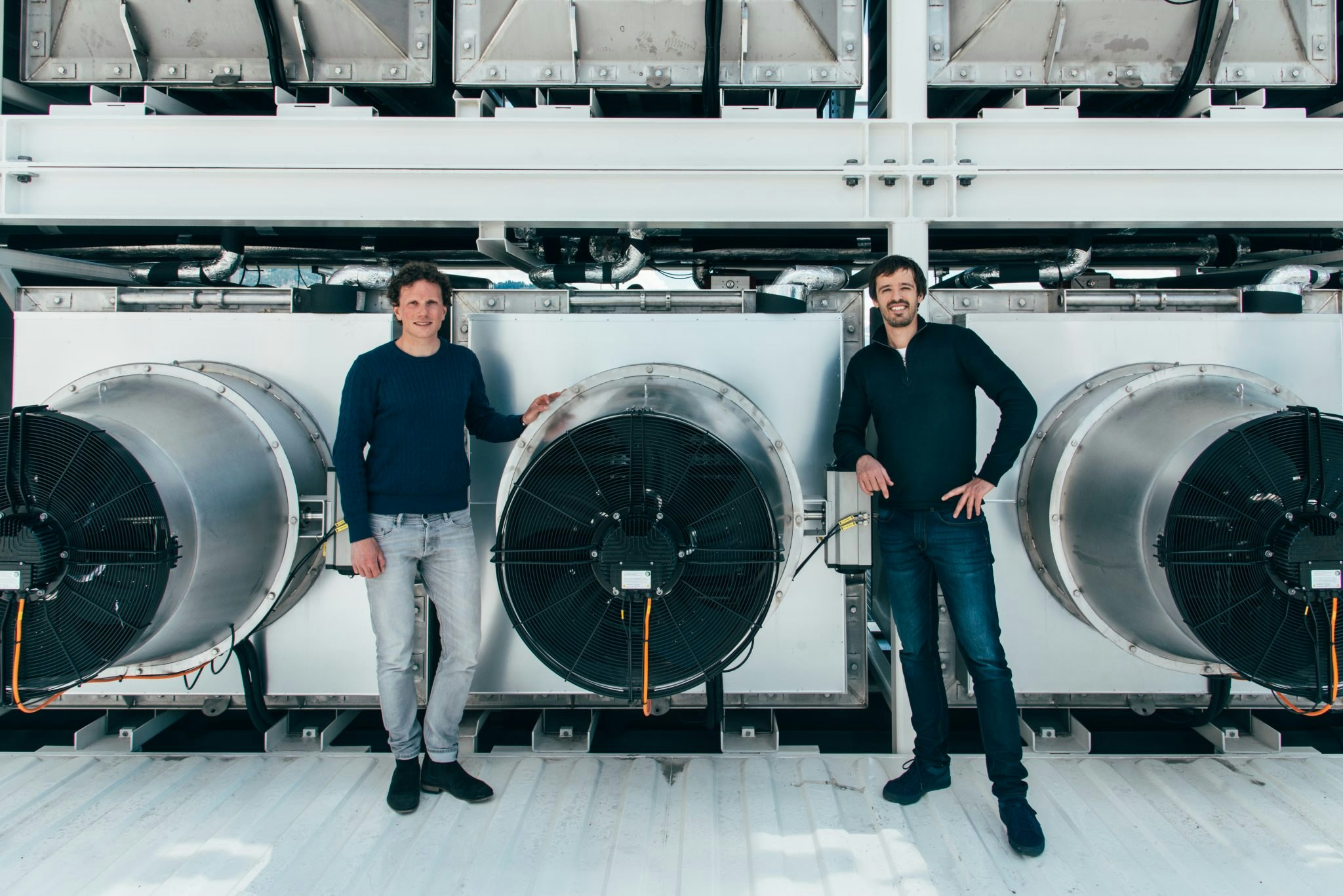Swiss startup Climeworks, one of Europe’s best-funded climate techs, has confirmed plans to expand into the US. The company is set to benefit from President Biden’s $369bn climate bill, the Inflation Reduction Act, which offers significant incentives for founders to take their businesses stateside.
Climeworks, which has raised $777m from investors so far, builds direct air capture tech: large-scale carbon removal plants where carbon is removed directly from the air.
The company plans to hire at least a hundred employees in the US, it said today — adding to the 300 employees it has in Europe. It’s also applied to participate in three direct air capture projects, in Louisiana, California and the northern Great Plains.
The Inflation Reduction Act was signed into law last August and increased the tax credits available to companies capturing and storing carbon from $50 per tonne to $180 per tonne.
Biden also launched a $3.5bn direct air capture hubs programme to support the development of new removal plants.
“The US has taken a clear leadership position in global action necessary to fight climate change with policies that help advance carbon removal solutions, such as direct air capture,” Christoph Beuttler, Climeworks’ chief policy officer, said in a statement.
The bill sent shockwaves around the climate tech world when it was passed. It’s by far the largest financial package aimed at companies building climate technology. European leaders have scrambled to respond — Europe announced its proposed response last month, though founders had a mixed reaction to the measures announced.
Climeworks’ presence in Europe means the continent has had an upper hand in the direct air capture industry — but its decision to expand to the US threatens that.
Sifted Newsletters
Climate Tech
Every Thursday
Covering the European companies building solutions to climate change.
In February Beuttler spoke to Sifted about the draw of America for climate tech companies. “If you have the leaders and this is to become a trillion-dollar industry, which it needs to become for us to stay within the limits, then you should try and keep that,” he said.
The industry needs government programmes which bring down the cost of direct air capture, he added. “What we have in the US is the beginning of that.”







































